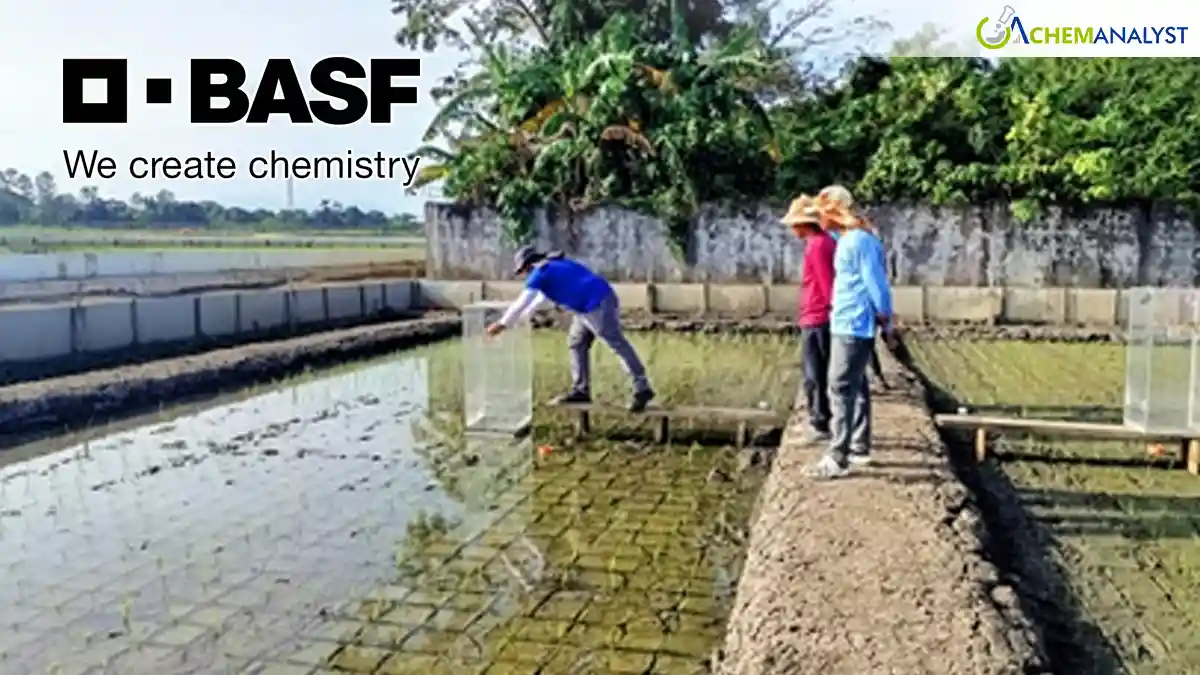Welcome To ChemAnalyst

BASF’s rice trials show 30% lower emissions without yield loss, leveraging climate-smart practices, water management, and carbon market opportunities.
Rice is a dietary cornerstone for over 3.5 billion people globally, underpinning both nutrition and food security. However, rice cultivation faces increasing scrutiny due to its environmental footprint. Traditional methods of growing rice account for roughly ten percent of global agricultural greenhouse gas (GHG) emissions and demand substantial freshwater resources. Farmers are therefore confronted with the dual challenge of producing sufficient yields while adopting sustainable practices to reduce emissions.
To tackle this issue, BASF launched a targeted initiative on rice as part of its Global Carbon Field Trial Program in 2024, conducting experiments in the Philippines in partnership with the International Rice Research Institute (IRRI). The primary objective was to identify and test climate-smart rice technologies and practices capable of reducing emissions without affecting productivity. Recent results from the program reveal encouraging outcomes.
The trials demonstrate that greenhouse gas intensity (GHGi) in rice can be lowered by up to 30 percent without compromising yields. Key strategies contributing to these reductions include the adoption of alternate wetting and drying (AWD) water management, the use of direct-seeded rice techniques, and improved straw management. Together, these interventions not only curtail emissions but also help conserve freshwater, a critical resource in rice-growing regions.
BASF’s AgBalance® Life Cycle Assessment model played a central role during the trials, providing accurate estimates of on-farm emissions. Farmers often lack reliable methods to quantify the emissions generated by their operations, so this model offers valuable insights. By measuring emissions accurately, it opens avenues for new business models, such as participation in carbon markets, potentially delivering additional economic benefits to rice producers.
“Following our initial results from Global Carbon Field Trials on five major crops, these rice-specific findings reaffirm that climate-smart agriculture must be implemented directly on farms where it can have the greatest impact. Testing under real-world conditions is essential for generating credible and actionable insights,” says Marko Grozdanovic, Senior Vice President of Global Strategic Marketing at BASF Agricultural Solutions.
IRRI also underscores the importance of resilience in climate-smart practices. Yvonne Pinto, Director General at IRRI, commented, “Our collaboration with BASF demonstrates the ability of climate-smart rice production to cut emissions while helping farmers adapt to extreme weather and challenging growing conditions. Partnerships grounded in science are critical for delivering these benefits, and we look forward to continuing this collaborative work.”
The Global Carbon Field Trials are a cornerstone of BASF’s broader commitment to reducing CO2e emissions from five key crops by 30 percent by 2030. Teams across R&D, operations, and commercial functions, alongside external partners and farmers, are working to scale tailored solutions. Grozdanovic emphasizes, “Research alone is not enough. Real change requires collaboration across the value chain. Through the Global Carbon Farming Program, we aim to translate insights into actionable solutions that help farmers adopt climate-smart practices, access carbon markets, and achieve verified climate impact at scale.”
We use cookies to deliver the best possible experience on our website. To learn more, visit our Privacy Policy. By continuing to use this site or by closing this box, you consent to our use of cookies. More info.
